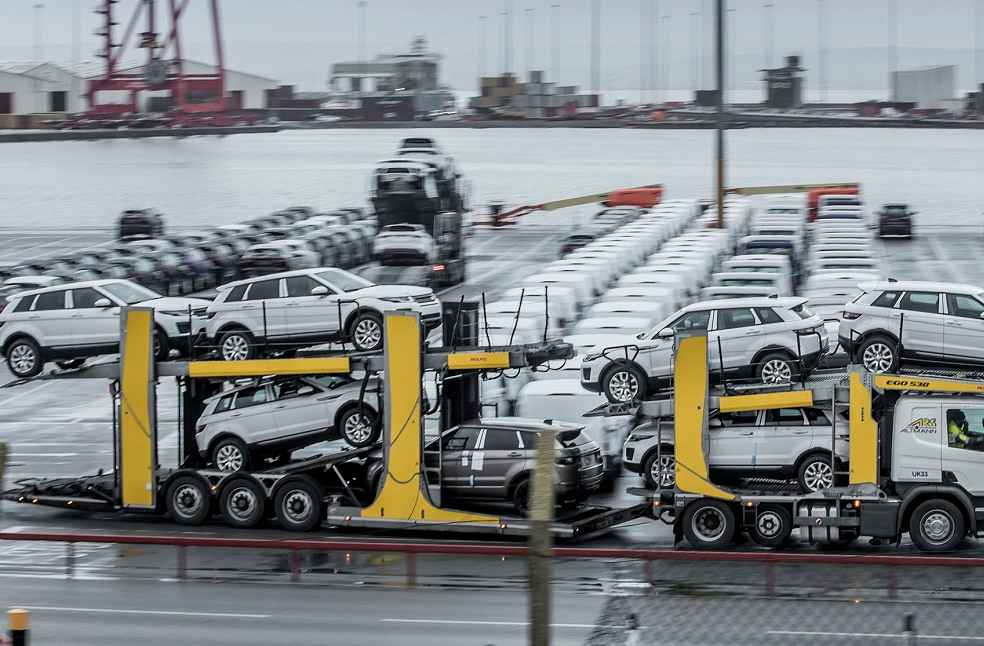U.S. President Donald Trump’s decision to impose new tariffs on imported vehicles is expected to deliver a heavy blow to global carmakers, with economists warning that Slovakia—a small, landlocked European nation—could be the hardest hit by this auto tariff.
The details of the new tariff package are expected to be announced on Wednesday. These new measures, which are separate from Washington’s existing global automotive levies, aim to shift the economic balance in favour of the United States.
The Trump administration has already introduced a 25% tariff on all imported vehicles, which will take effect starting Thursday. Additional tariffs on auto parts are scheduled to begin in May.
These abrupt and frequent tariff announcements have raised concerns among global investors, corporate leaders, and U.S. trading partners. Germany, home to some of the world’s most prominent car manufacturers, has criticised the tariffs as damaging not only to the U.S. and the EU but also to the wider global trade landscape.

Economists Inga Fechner and Rico Luman from Dutch bank ING noted that although Germany stands to lose the most in absolute value terms, it is Slovakia that could suffer the greatest relative impact.
“Germany’s car industry is in the eye of the storm, with major players like Volkswagen, BMW, Mercedes, and Porsche most exposed in terms of value,” ING stated in a research note released on March 28. “But Slovakia—home to several car plants—is most exposed in terms of total U.S. export volume.”
Known as the ‘Detroit of Europe’ for its robust automotive industry, Slovakia produces more cars per capita than any other country in the world. The nation of 5.4 million relies heavily on vehicle exports to the U.S., with the auto sector employing more than 250,000 people directly and indirectly.
Luman indicated that manufacturers have already been shipping cars in advance of the new tariffs but warned that this short-term strategy would soon end.

“Supply chains won’t be immediately redirected or redesigned amid high uncertainty, but if tariffs remain in place for a while, production may start to shift to the U.S.,” he said in an email to CNBC.
However, Slovakia’s lower production costs compared to Germany may still offer an incentive for companies like Volkswagen and Stellantis to maintain their operations there, especially for internal combustion engine (ICE) models. This could mean the export impact on Slovakia may be partially offset by reduced output elsewhere in Europe.
Vladimir Vaňo, chief economist at the Bratislava-based think tank Globsec, previously described the potential impact of the tariffs on Slovakia as ‘worrisome,’ noting the country’s limited ability to respond effectively in the short term.
A spokesperson for the Slovak government was not immediately available for comment. According to ING, Slovakia was the joint third-largest exporter of passenger cars to the U.S. in 2023, alongside Sweden, with car exports totaling €4 billion ($4.3 billion). More than 73% of Slovakia’s exports to the U.S. consist of vehicles and auto parts, making the nation highly vulnerable to the newly imposed U.S. tariffs.
GENERAL | Luxury Car Tax Forces Vauxhall to Lower Prices on EV Models





